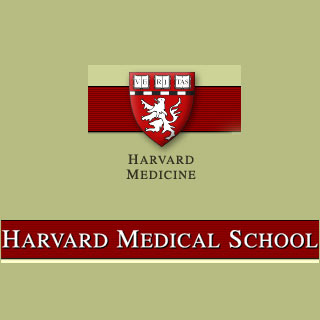
This result adds to a growing body of preliminary proof in cells, mice, and people that metformin might improve breast cancer results in people. In this study, the diabetes drug appeared to perform independently of its capability to apparently enhance insulin sensitivity and lower blood sugar and insulin levels, all of which may be linked with improved breast cancer result.
The outcome apparently matches within the cancer stem cell theory, a strongly studied thought that a small subset of cancer cells may have an exceptional power to kick off tumors, increase tumor growth, and endorse repetition of cancer. Cancer stem cells seem to resist conventional chemotherapies, which apparently destroy the bulk of the tumor.
Kevin Struhl, senior author, David Wesley Gaiser professor of biological chemistry and molecular pharmacology at HMS, commented, “There is a big desire to find drugs specific to cancer stem cells. The cancer stem cell hypothesis says you cannot cure cancer unless you also get rid of the cancer stem cells. From a purely practical point of view, this could be tested in humans. It’s already used as a first-line diabetes drug.â€
The likely value of a diabetes drug against cancer may provide credibility to a budding thought that, in the enormous and multifaceted alphabet soup of molecular relations within cells, comparatively a small number of biological pathways may appear to be extremely vital for various different diseases. This was the opinion of Struhl.
In the trials, which were led by postdoctoral fellows Heather Hirsch and Dimitrios Iliopoulos, the amalgamation of metformin and the cancer drug doxorubicin apparently destroyed human cancer stem cells and non-stem cancer cells in culture. The experts supposedly used four genetically diverse breast cancer cell lines.
In mice, pretreatment with the diabetes drug apparently averted the capability of human breast cancer stem cells to develop tumors. In other mice, where tumors were permitted to take hold for around 10 days, the dual therapy apparently decreased tumor mass more rapidly and averted repetition for longer than doxorubicin alone. Tumors apparently regrew in mice which were apparently treated with chemotherapy alone, but not in mice that had supposedly been given both drugs. This was observed for two months between the end of treatment and at the end of the experiment. On its own, metformin was said to unsuccessful in treating tumors.
Jennifer Ligibel, a medical oncologist at Dana-Farber Cancer Institute and an HMS instructor in medicine did not participate in the study. But Ligibel and colleagues at the National Cancer Institute of Canada Clinical Trials Group are said to be developing a large-scale phase II trial to apparently examine metformin’s effect on repetition in women who were supposedly treated for early stage breast cancer.
So far, observational studies have apparently claimed a lower risk of cancers, as well as breast cancer, and seemingly improved reaction to chemotherapy in diabetics taking metformin. The study from the Struhl lab suggests a possible fresh trail through which metformin may have an effect on breast cancer cells. In their hunt for compounds that may selectively wipe out cancer stem cells, the experts anticipate for better cancer outcomes.
Kornelia Polyak, a breast cancer researcher at Dana-Farber Cancer Institute and HMS associate professor of medicine, who was not involved in the study, is of the opinion that cancer cells appear to be a shifty target. For instance, any cancer cell may obtain the properties of a cancer stem cell, and cancer stem cells may transform into non-stem cancer cells, which may be just as fatal.
Struhl supposedly followed a methodical way to find out how a gene activity could alter when cells apparently convert into cancer. These changes were thought to be extremely akin to gene dynamics in diabetes and other inflammatory conditions.
The experts were of the opinion that if a common genetic pathway triggers various diseases, drugs that apparently work against one disease may work against another. Apparently the most effective drug hindering the conversion of cells into cancer was said to be metformin.
This study was published in Cancer Research.
